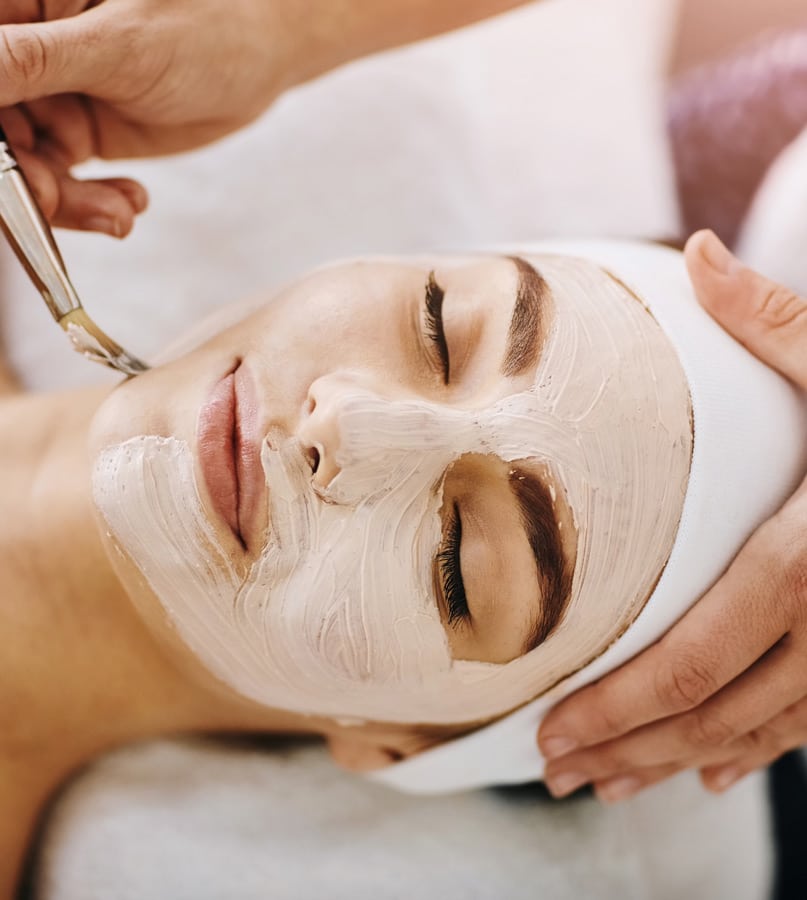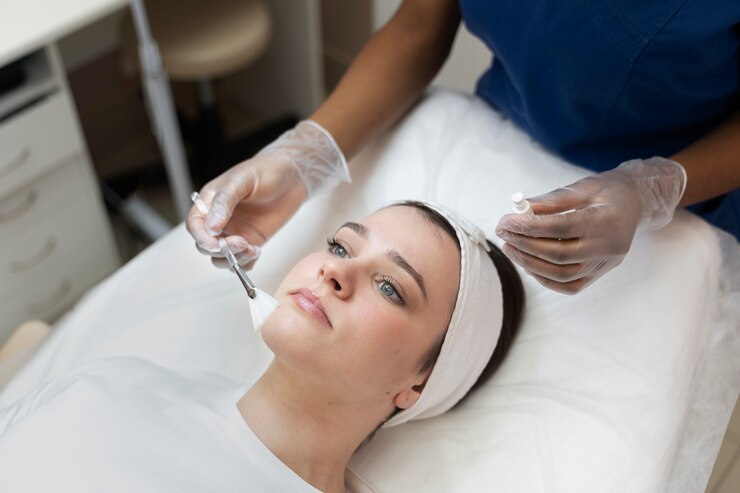Chemical peels are increasingly popular treatments for improving skin texture, tone, and overall appearance. However, not all chemical peels are created equal. The effectiveness of a chemical peel largely depends on various factors, including the type of peel used, the concentration of active ingredients, the skill of the practitioner, and the individual's skin type. In this article, we will explore the characteristics that define good Chemical Peels in Dubai, ensuring that you achieve optimal results while minimizing risks.
Understanding Chemical Peels
Before delving into what makes a good chemical peel, it is essential to understand the different types of chemical peels available. Chemical peels are classified into three main categories: superficial, medium, and deep. Each type targets different skin concerns and depths of penetration.
Superficial Peels
Superficial peels, often referred to as "lunchtime peels," use mild acids like alpha hydroxy acids (AHAs) or beta hydroxy acids (BHAs). They exfoliate the outer layer of the skin and are effective for improving texture, brightness, and minor imperfections. These peels typically require little to no downtime.
Medium Peels
Medium peels penetrate deeper into the skin, usually using trichloroacetic acid (TCA) or a higher concentration of AHAs. They target more significant skin concerns, such as fine lines, sun damage, and moderate acne scars. Medium peels may require some downtime for the skin to heal.
Deep Peels
Deep peels, typically using phenol, provide the most dramatic results. They target severe skin issues like deep wrinkles, significant sun damage, and scarring. Due to their intensity, deep peels necessitate a more extended recovery period and are usually performed under sedation.

Key Factors in a Good Chemical Peel
Quality of Ingredients
One of the primary factors that determine the effectiveness of a chemical peel is the quality and concentration of the active ingredients used. High-quality ingredients can lead to more effective results and reduced side effects. For instance, reputable brands often formulate their peels with carefully selected acids, antioxidants, and other beneficial compounds that enhance the treatment's efficacy while minimizing irritation.
Tailored Formulation
A good chemical peel should be tailored to the individual's skin type and concerns. Skin varies greatly from person to person, and a one-size-fits-all approach can lead to unsatisfactory results or adverse reactions. A knowledgeable practitioner will assess your skin's condition, history, and goals to customize the peel for optimal results. This personalized approach ensures that the peel is effective while reducing the risk of complications.
Professional Application
The skill and experience of the practitioner applying the chemical peel play a crucial role in its success. A qualified dermatologist or licensed aesthetician understands the intricacies of skin and the appropriate application techniques. They will know how to apply the peel evenly and monitor the skin's reaction during the process. This expertise helps ensure that the peel reaches the desired depth without causing unnecessary damage.
Appropriate Depth of Penetration
The depth of penetration is another critical factor in determining the effectiveness of a chemical peel. A good chemical peel should achieve the appropriate depth to address specific skin concerns without overwhelming the skin. Superficial peels may be ideal for addressing surface-level issues, while medium or deep peels are more suitable for tackling more significant concerns. The practitioner should assess the skin's condition to determine the right depth for the peel.
Post-Treatment Care
Post-peel care is essential for achieving the best results. A good chemical peel will be accompanied by a comprehensive aftercare plan to guide patients on how to care for their skin during the recovery phase. This plan should include recommendations for cleansing, moisturizing, sun protection, and any additional treatments to enhance results. Adequate aftercare ensures that the skin heals properly and minimizes the risk of complications.
Minimal Downtime
While some chemical peels require more downtime than others, a good chemical peel aims to balance effectiveness with minimal downtime. Superficial peels often allow patients to return to their normal activities shortly after treatment. Medium peels may involve a few days of recovery, while deep peels necessitate more extended downtime. Patients should be informed about what to expect in terms of recovery time to help them plan accordingly.
Expected Results
A good chemical peel should have clear, realistic expectations regarding the results. Practitioners should communicate what the peel can and cannot achieve, helping patients understand the potential outcomes. While some may experience immediate improvement, others may require multiple sessions to achieve their desired results. Setting realistic expectations helps prevent disappointment and ensures patient satisfaction.
Safety and Side Effects
Safety is paramount when it comes to chemical peels. A good chemical peel should prioritize patient safety by using high-quality ingredients and techniques. Practitioners should also conduct a thorough assessment of the patient's medical history, including any allergies, skin sensitivities, or pre-existing conditions that may affect the treatment. Understanding potential side effects, such as redness, peeling, or sensitivity, allows patients to make informed decisions and prepares them for the recovery process.
Conclusion
In summary, a good chemical peel is characterized by the quality of its ingredients, tailored formulations, professional application, appropriate depth of penetration, and comprehensive post-treatment care. The skill and experience of the practitioner also play a crucial role in achieving optimal results. By prioritizing these factors, individuals can make informed choices about their chemical peel treatments and enjoy the benefits of improved skin texture, tone, and overall appearance. Consulting with a qualified skincare professional can help you determine the best type of chemical peel for your specific skin concerns and goals, ensuring a safe and effective experience.





Comments